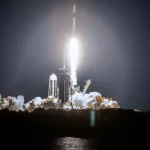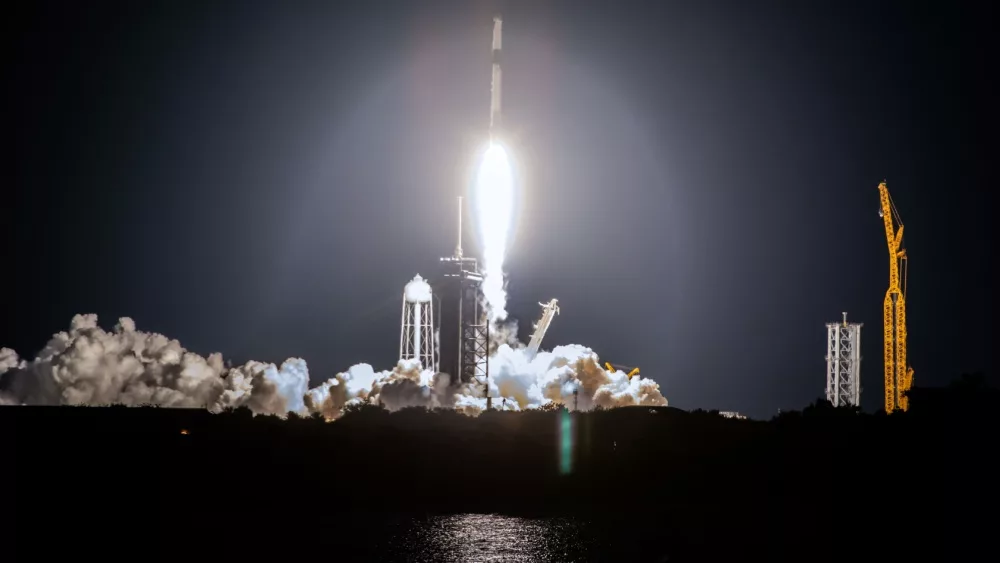
NASA officials announced that the two astronauts who went up to the International Space Station (ISS) on Boeing’s Starliner will need to come home on a different spacecraft next year; adding that the Boeing Starliner will return in a separate flight, uncrewed.
Per NASA, Astronauts Barry “Butch” Wilmore and Sunita “Suni” Williams, who performed the first crewed test flight of Starliner, will return in February 2025 on the Space-X crew 9. NASA administrator Bill Nelson said at a news conference: “The decision to keep Butch and Suni aboard the International Space Station and bring the Boeing Starliner home uncrewed is a result of a commitment to safety,”
A Boeing spokesperson said in a statement that the company “continues to focus, first and foremost, on the safety of the crew and spacecraft … We are executing the mission as determined by NASA, and we are preparing the spacecraft for a safe and successful uncrewed return.”
Starliner is part of the larger Commercial Crew Program at NASA, which was testing if Boeing’s spacecrafts could be certified to perform routine missions to and from the ISS. However, the spacecraft had been plagued by issues even before launch. The flight test was originally tentatively scheduled for May 6, but was scrubbed after a problem with an oxygen valve on a rocket from United Launch Alliance (ULA). A new launch date had been set for May 25, but a small helium leak was discovered in the service module, which contains support systems and instruments for operating a spacecraft. Five days after docking at the ISS, NASA and Boeing said the spacecraft was experiencing five “small” helium leaks but said at that time that ‘enough helium was available for the return mission.’
Wilmore and Williams were originally scheduled to only be on the ISS for a week and return on June 14 (after launching on launched on June 5), but their return has since been delayed multiple times. The pair integrated with the “Expedition 71” crew aboard the ISS, assisting them with research and other responsibilities, and will continue to assist with science experiments, maintenance and maybe some spacewalks during their extended stay on the ISS.
Steve Stich, program manager for NASA’s Commercial Crew Program, said that NASA teams spent all summer looking over the data on Starliner and felt there was too much risk with regard to the vehicle’s thrusters, adding: “there was too much risk for the crew.” Stich added that when SpaceX’s Dragon Crew-9 launches in September it will do so with only two of the four astronauts assigned to it to accommodate Wilmore and Williams on the return trip: “As we started looking at various options, it was obvious to both of us that the easiest and best option was to configure the crew nine vehicle with a couple empty seats on the way up.”
Norm Knight, NASA’s director of flight operations directorate, acknowledged the hardships placed on Wilmore and Williams, adding: “I care deeply about their families, I know this is a huge impact on their families and it means a lot,” he said. “I tell their families thank you for their support, thank you for what they do.”
Editorial credit: Blueee77 / Shutterstock.com

